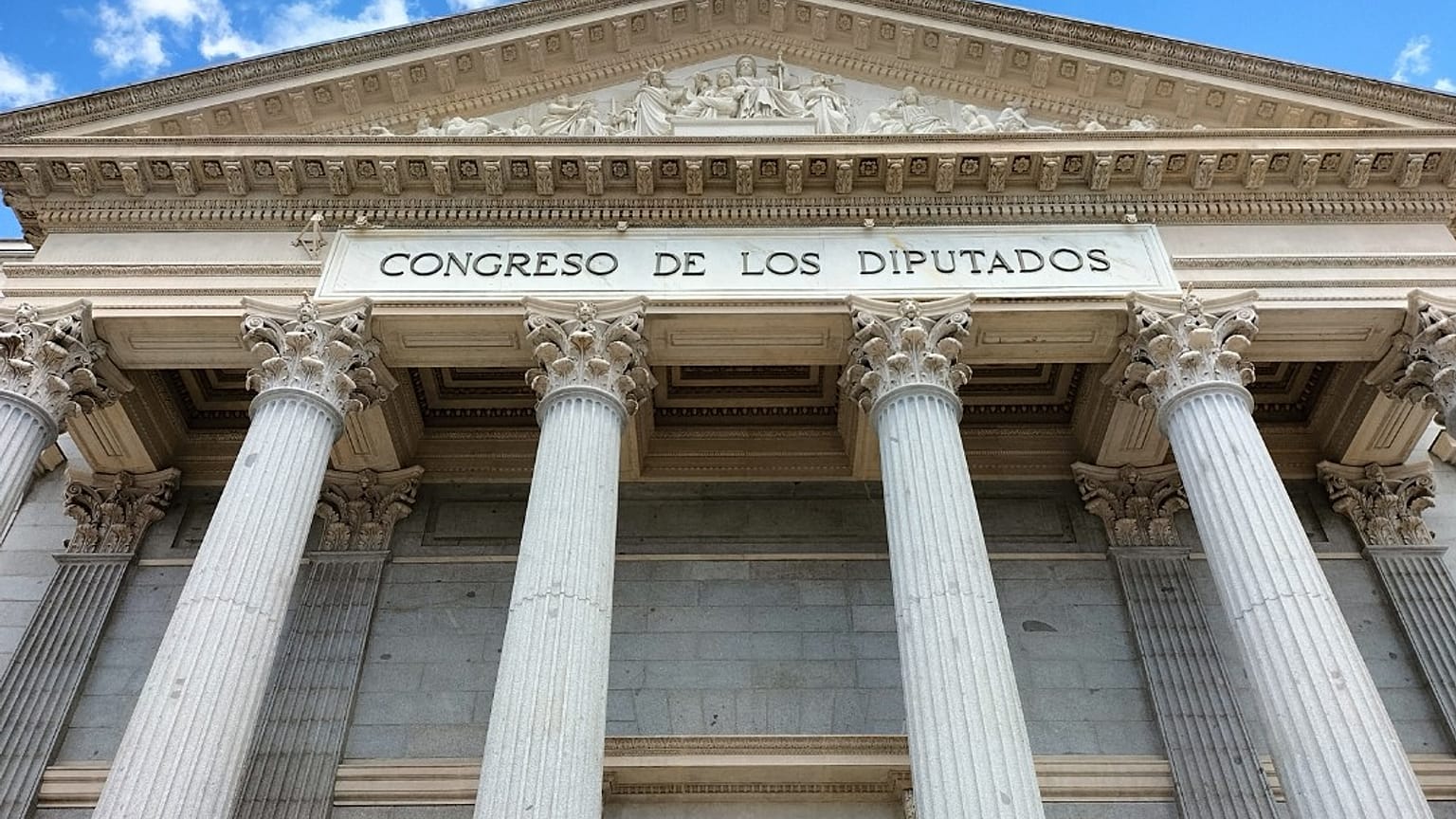Spain’s council of ministers approved a draft law that would fine AI companies up to €35 million for not correctly labelling their content.
Spain’s council of ministers adopted draft legislation that could see massive fines imposed on artificial intelligence (AI) companies that do not appropriately label AI-generated content in an effort to limit “deepfakes”.
 ADVERTISEMENT
ADVERTISEMENT
 ADVERTISEMENT
ADVERTISEMENT
The bill classifies incorrect AI labelling as a serious offence, with a potential penalty of €7.5 million to €35 million or between 2 and 7 per cent of a company’s global turnover.
The new legislation suggests that startups and medium-sized businesses might receive a lower penalty.
“Artificial intelligence must help us improve the world that we live in,” Oscar Lopez, Spain’s digital transformation minister, said about the law on Instagram on Tuesday.
Lopez said the law will focus AI use on medical research, preventing disasters and improving traffic in Spanish cities instead of “spreading hoaxes, lies and defamation".
Spain’s act adopts guidelines from the EU AI Act, the bloc’s relatively new law that imposes strict transparency rules on AI systems that are deemed to be high-risk, according to Lopez.
The bill still needs approval by Spain’s Congress of Deputies before it comes into effect.
Other practices banned by the Act
The Spanish government says the draft law bans other practices like the use of subliminal techniques, including “imperceptible images or sounds” to manipulate decisions without consent.
An example of this kind of technique would be a chatbot that identifies users with a gambling addiction and encourages them to log in to a gambling platform.
The bill would also prevent AI companies from classifying people based on race, political views, religion, or sexual orientation based on their biometric data or social media presence.
This data cannot be used to decide whether a person is more likely than others to commit a crime, a criticism levied against an algorithm used at a prison in Catalonia to determine the risk of prisoners reoffending.
AI companies that use biometrics to monitor employee attendance but do not have human supervision over this system could also be fined between €500,000 to €7.5 million or between 1 and 2 per cent of annual global turnover.
The bill also lets the Spanish government temporarily withdraw an AI system from the country “when they have caused a serious accident, like the death of a person”.

















